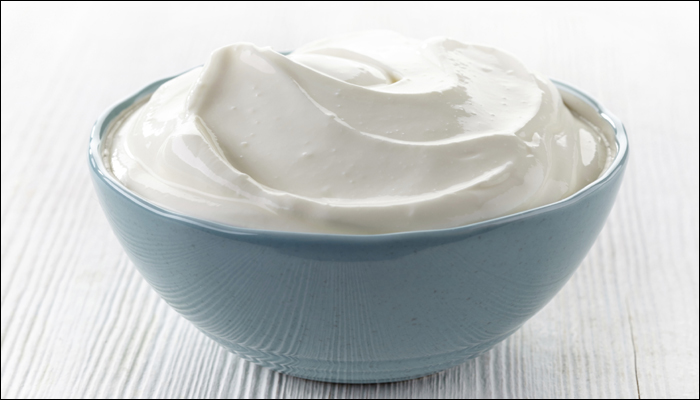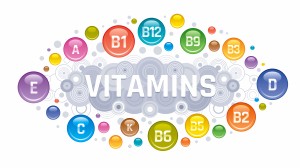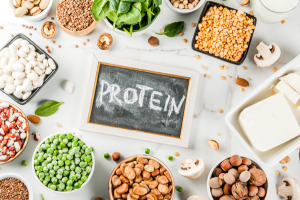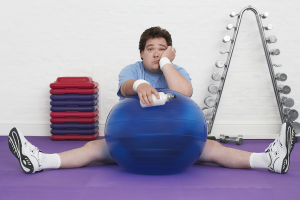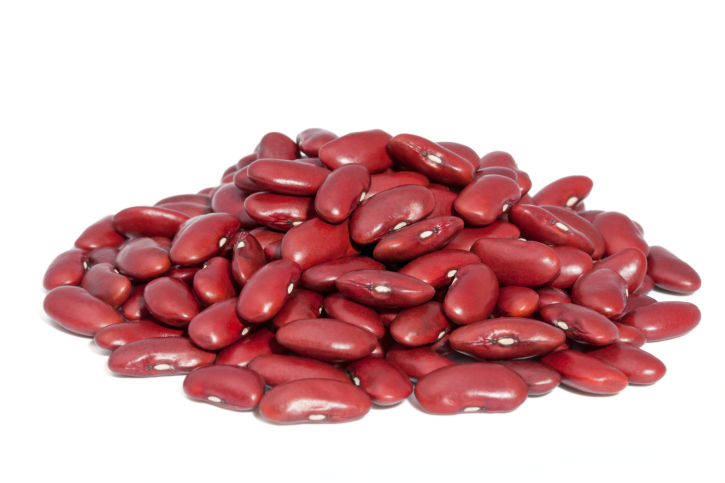
My friend Neetu, recalls an incident from her childhood when she went to receive her aunt at the railway station who was arriving from Lucknow. On seeing Neetu, her aunt spontaneously asked her, “Guess your favourite thing that I’ve brought for you” and Neetu spontaneously replied “Rajma Chawal”! (Of Course, it was not Rajma Chawal that her aunt was referring too !!)
Kidney beans or Rajma is liked by kids and adults alike. It’s not just the taste but, the nutritional profile which makes it my favourite too. While it’s a rich source of protein and fibre, it’s also packed with several micronutrients, especially molybdenum, folate, copper, manganese, phosphorus, vitamin B1, iron, potassium, and magnesium. Dietary fibre in these beans helps in lowering cholesterol and prevents the rapid rise in blood glucose levels after consuming a meal.
However, in kidney beans, these nutrients exist with certain anti-nutrients or natural substances that can be harmful to our health.
1) Phytohaemagglutinin (PHA): This substance is classified as a lectin-glycoprotein. Lectins are known for their ability to agglutinate red blood cell types, alter cell membrane transport systems, alter cell permeability to proteins, and generally interfere with cellular metabolism. Even a small amount of PHA can have a negative effect on health. You may not consume enough to become noticeably sick, but continued exposure can result in poor growth, malnutrition, or liver damage. White kidney beans contain about one-third the amount of toxin as the red variety.
2) Raffinose and Stachyose: These are carbohydrates that are not digested in the small intestine by human gastrointestinal enzymes. They are passed into the large intestine where they are fermented by intestinal microflora with the production of gas. It is this behaviour which is responsible for flatulence, bloating that many of us experience after consuming these beans.
Central Public Health Laboratory (PHLS, UK ) and FDA (US) recommends this procedure to render kidney, and other beans safe for consumption:
- Soak in water for at least 5 hours.
- Pour away the water.
- Boil briskly in fresh water, with occasional stirring, for at least 10 minutes.
- Undercooked beans may be more toxic than raw beans.
Tips for cooking –
1) Add salt to the soaking water and cooking water as it helps remove raffinose and stachyose and thus reduces gas producing tendency of beans. Also, salt improves water absorption so beans are evenly softened and cooked.
Isn’t this what we have been watching our grandma and mum doing – Soaking overnight in salt water! Now we know the scientific basis for that.
1) Acids, including tomatoes, lemon etc; prevent beans from absorbing water efficiently and thus may result in uneven or partial cooking, thereby retaining anti-nutrients. Always add tomato/tomato puree after boiling the beans.
2) Microwave cooking is not recommended. Microwaves do not heat food evenly. This can cause parts of beans to remain undercooked. Boiling /pressure cooking is best. Cook for 15-20 minutes.
Next time when you enjoy beans, make sure they are safe as well!
